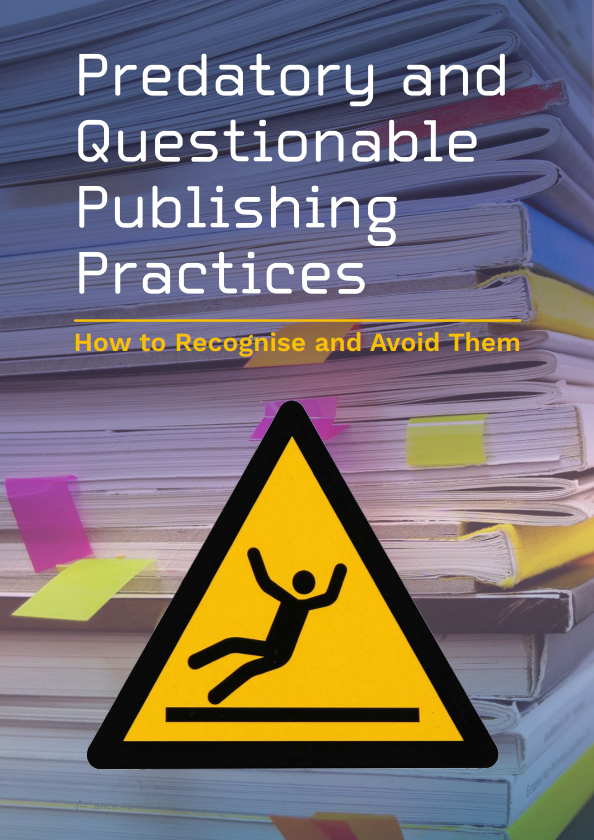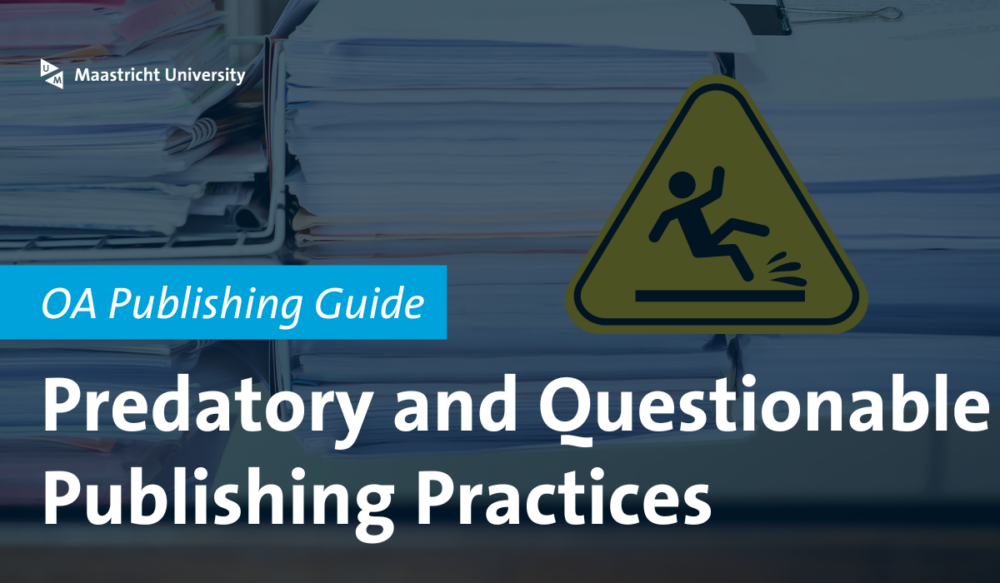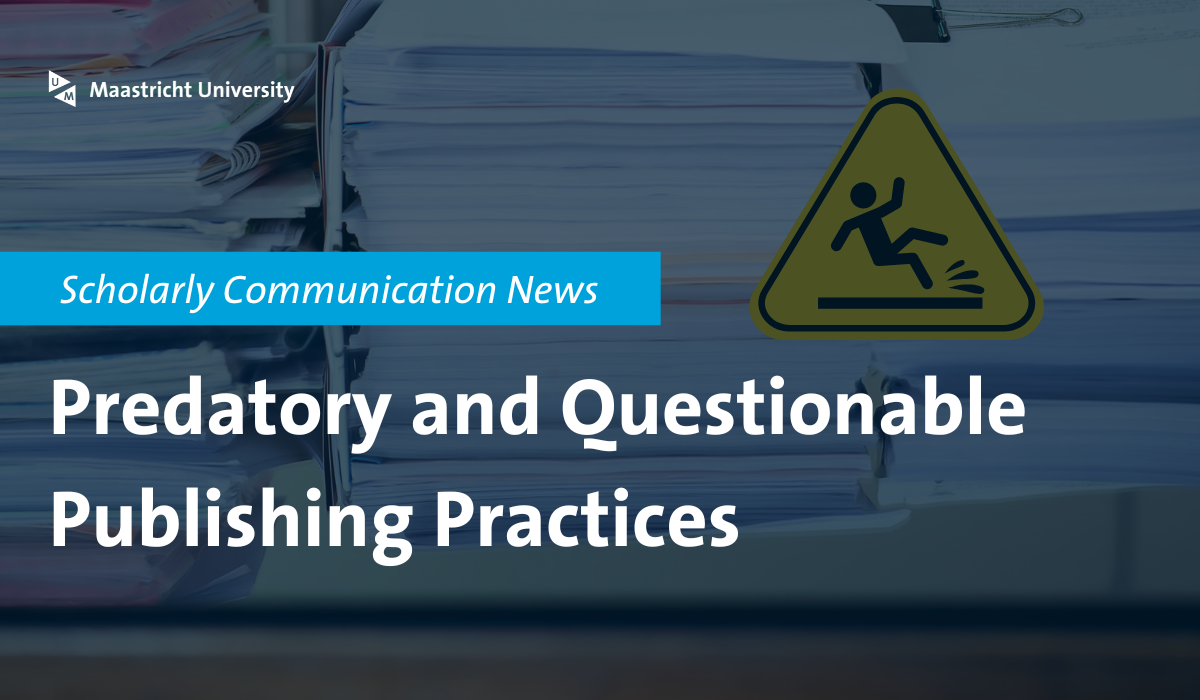Key Points
- Predatory and questionable publishing practices are a growing concern among researchers and policymakers, and it is essential to identify and avoid them.
* - Experts have written a practical guide to help early-career scientists navigate this complex issue. The guide includes advice on researching journal reliability before submitting work.
* - We have added a dedicated section to our Open Access Publishing Guide with additional information, new developments, tips, and FAQs to support authors in avoiding predatory publishing practices.
Researchers and policymakers frequently ask us about predatory and questionable publishing practices. There is a clear need for more straightforward guidelines and information on selecting reliable journals for publication.
Open access experts from four Dutch universities have now written a practical guide on avoiding questionable and predatory journals. We have also added a dedicated section to our OA Publishing Guide.
The Good, the Predatory, and the Questionable
As an academic, publishing in reputable journals, books, or conference series from authoritative and trustworthy publishers is essential. However, it has become increasingly concerning that some publishers and journals engage in questionable publishing practices, such as low-quality peer review and aggressive acquisition. In contrast, others are outright fraudulent and predatory.
To avoid such practices and publishers, you must know how to recognise them. Additionally, if you have already published with a questionable or predatory publisher, you must know what steps to take.
Four of my expert colleagues from the national open-access working group have written a practical guide for authors on avoiding such journals. I had the privilege of reviewing and commenting on the guide before its publication.
The guide provides practical advice and guidelines to help early-career scientists navigate this complex issue. One key piece of advice is to research the journal’s reliability before submitting your work. The guide also includes a table that outlines typical publishing characteristics, which can help you assess whether a journal is at high, medium, or low risk for being predatory or questionable.
View or download this guide.
Citation:
Braak, P., van Gorp, D., Hukkelhoven, C., & de Roo, T. (2024). Predatory and Questionable Publishing Practices: How to Recognise and Avoid Them. UKB – Dutch Consortium of University Libraries. https://doi.org/10.5281/zenodo.10688081
Maastricht University Open Access Publishing Guide
We added a dedicated section to our Open Access Publishing Guide, where you can read and download the published guide. We added additional information and will keep updating this section with new developments, tips, and FAQs.
Open Access Publishing Guide.
- Go to Predatory and Questionable Publishing Practices
- Go to the index of the Open Access Publishing Guide
Closing Remark and more information
If you are still trying to figure out what to do, you can seek advice from your colleagues and peers in your field. They might have encountered or heard about any issues you are still discussing with the journal.
Alternatively, you can contact me and my Scholarly Communications Support Team colleagues via Ask Your Librarian.
We would like to hear from you
Thanks for reading our posts.
- If you have questions, ideas, or feedback, please comment below or message us at openaccess@maastrichtuniversity.nl.
- You (UM scholars) can also engage with us and discuss this topic in our UMployee group [intranet].
- You (UM scholars) can discuss this topic during our weekly Open Access Publishing Hour.
- Please use our Ask Your Librarian service for prompt answers to concrete questions and issues.
Ron Aardening, Scholarly Communication & Publishing Officer.





0 Comments